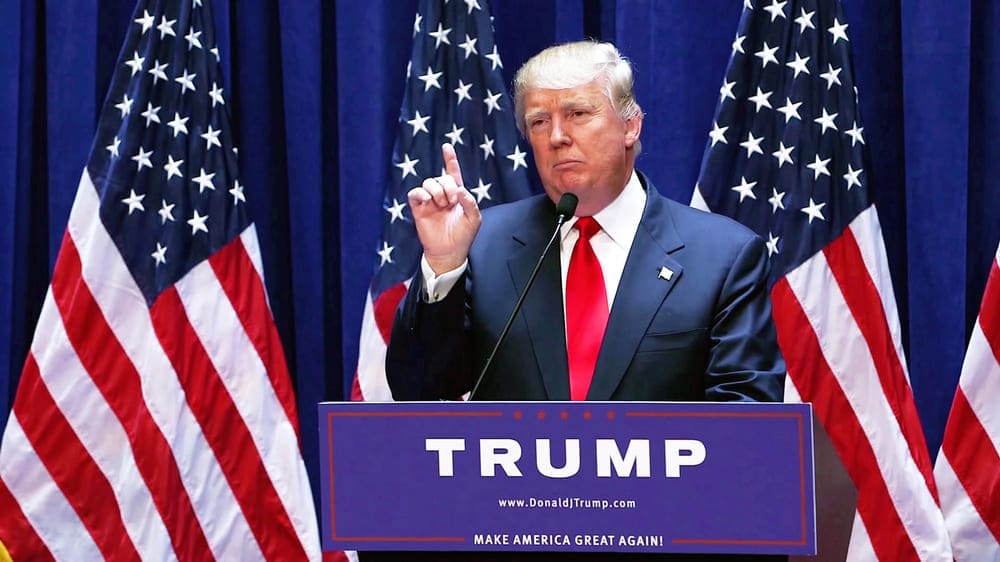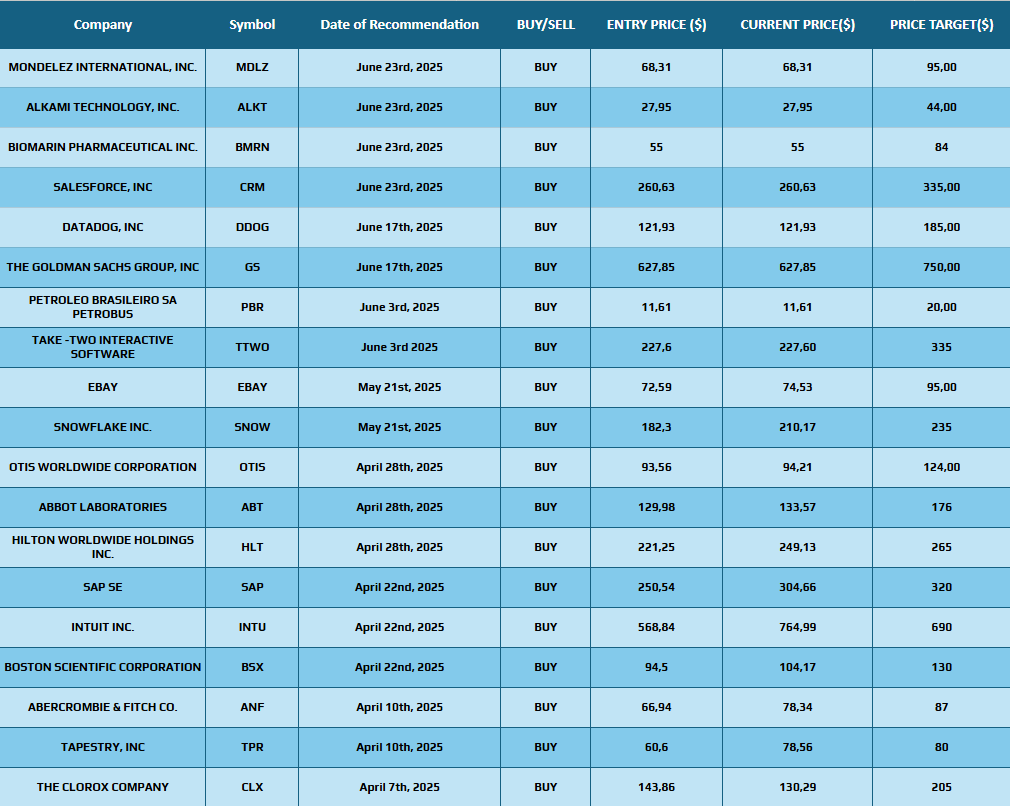
Date Issued – 7th July 2025
Preview
India’s Financial Markets Face a Pivotal Shift
India’s financial markets face a pivotal shift as SEBI clamps down on high-frequency trading giants, notably Jane Street, which was temporarily banned and fined $570 million for alleged market manipulation. This regulatory crackdown targets sophisticated foreign traders profiting at the expense of retail investors amid India’s booming equity derivatives market – the world’s largest by volume.
The move signals growing scrutiny on algorithmic trading practices that dominate about 60% of derivatives trading. With firms like Citadel Securities and Jump Trading reassessing their India operations, the market could see reduced liquidity and slower growth. Investors should watch closely as SEBI expands its probe and adjusts regulations, reshaping the high-speed trading landscape in one of the world’s fastest-growing financial hubs.
Trump’s Tax Bill Reshapes U.S. Budget with Cuts
President Donald Trump’s newly signed tax-and-spending bill marks one of the most consequential fiscal overhauls in recent U.S. history, cementing the 2017 Tax Cuts and Jobs Act into permanent law while introducing fresh tax relief aimed at seniors, middle-income households and businesses.
The legislation lifts the SALT deduction cap temporarily, expands the child tax credit and introduces deductions for tip and overtime income, car loan interest and pass-through business income. It also launches “Trump accounts” for children’s savings. However, the bill delivers steep cuts to Medicaid, SNAP and federal student loan programs, raising concerns about the social safety net’s future. The rollback of clean energy tax credits signals a broader ideological shift in fiscal priorities. Markets showed muted reaction as investors await macroeconomic impacts and 2026 budget negotiations.
Investment Insight:
Trump’s fiscal package signals a pro-growth, pro-supply-side shift that may temporarily bolster consumer demand and small business investment—especially in high-income, high-tax states. Yet, deep entitlement cuts and elimination of green energy incentives could fuel longer-term political volatility and curb support for ESG-focused sectors.
Investors should monitor policy-driven rotation away from renewable energy and education services, while sectors like retail, auto and financial services may see moderate tailwinds from enhanced consumer deductions and business-friendly tax structures.
OPEC+ Surprise Output Hike Signals Confidence in Oil Market Stability
In a move signaling renewed confidence in global oil demand and market fundamentals, eight core OPEC+ members—including Saudi Arabia and Russia—agreed to a larger-than-expected production hike of 548,000 barrels per day starting in August. This acceleration outpaces their previously planned increase of 411,000 bpd and marks a continued rollback of voluntary output cuts originally set to stabilize prices during a period of oversupply and geopolitical tension.
OPEC cited low global inventories and steady economic growth as justifications for the hike. Oil prices, which had seen short-term boosts due to seasonal demand and recent Israel-Iran tensions, remain stable, with Brent settling at $68.30 and WTI at $66.50.
Investment Insight:
The faster pace of OPEC+ production increases signals confidence that global demand will absorb the extra supply—potentially tempering oil prices in the short term. For investors, this could pressure energy equities and reduce near-term upside in oil futures. However, lower input costs could provide relief to transport, logistics and industrial sectors.
Watch for possible headwinds to renewable energy plays if fossil fuel supply remains abundant and affordable and monitor potential bottlenecks at geopolitical chokepoints like the Strait of Hormuz. Long-term investors may find value in diversified energy holdings that can weather both production increases and policy volatility.

Asia Stocks Mixed as Trump Tariff Threats Shake Markets Before Deadline
Asia-Pacific markets traded mixed Monday as investors reacted to the U.S. President Trump’s confirmation that new “reciprocal” tariffs will take effect August 1 for countries without deals in place. Trump also announced an extra 10% tariff targeting nations aligned with BRICS policies, just as the bloc meets in Brazil. Japan, Australia and China saw declines, while South Korea posted modest gains.
U.S. stock futures slipped on the news, with Dow futures down 146 points. Meanwhile, markets await the Reserve Bank of Australia’s expected 25-bps rate cut.
Investment Insight:
Escalating trade tensions may weigh on export-heavy Asian economies and global risk appetite. Monitor BRICS-aligned nations for targeted volatility and watch how central banks respond with easing to offset potential trade headwinds.
Tesla Shares Drop Over 3% as Musk’s Political Plans Stir Investor Unease
Tesla stock fell over 3% Monday amid investor concerns about Elon Musk’s announcement to launch a new U.S. political party—the “America Party.” The move further escalates tensions between Musk and former President Trump, who publicly ridiculed the idea. Analysts, including Wedbush’s Dan Ives, warned that Musk’s growing political involvement could distract from his core role at Tesla, prompting potential intervention from Tesla’s board.
Investment Insight:
Musk’s political pivot introduces headline risk and potential governance concerns at a time when Tesla needs stable leadership to navigate slowing EV demand and rising competition. While Tesla remains a major innovator, continued distractions could erode investor confidence and justify a valuation discount. Keep an eye on board reaction and market response—especially if Musk’s political ambitions intensify during election season.
India Cracks Down on Jane Street, Shakes HFT Market
India’s securities regulator, SEBI, imposed a temporary trading ban on the U.S.-based Jane Street and ordered the seizure of $570 million in alleged illicit profits. SEBI accused the firm of running a deliberate, large-scale manipulation scheme targeting India’s booming options market. The crackdown, part of a broader effort to protect retail investors, sent shockwaves across global trading desks. Jane Street, which made billions in India over two years, disputes the allegations and has 21 days to respond.
Investment Insight:
This decisive action signals India’s intent to rein in high-frequency trading amid growing scrutiny over foreign dominance in derivatives markets. With 60% of equity derivatives volume linked to speed traders, SEBI’s move could significantly curb algorithmic activity and deter further foreign expansion. Global firms like Citadel, Jump and Optiver may reconsider investments or staffing. Meanwhile, local brokerages and lower-frequency players could gain market share. Expect heightened regulatory risk, thinner liquidity and volatility around expiry days in the near term.
Conclusion:
SEBI’s decisive action against Jane Street marks a turning point in India’s equity derivatives market, emphasizing the regulator’s commitment to safeguarding retail investors and market integrity. The crackdown is expected to impact global high-frequency trading firms’ strategies and could slow market growth. Investors should monitor regulatory developments and evolving trading volumes closely, as well as the broader implications for market liquidity and volatility.
Upcoming Dates to Watch:
- July 8th: RBA Interest Rate Decision
- July 9th: FOMC Meeting Minutes
- July 10th: U.S. Jobless Claims + German CPI
Find below some of our Buy/Sell Recommendations. Balfour Capital Group is a distinguished global boutique investment management firm with $350 million AUM and over 1000 Clients.

Disclaimer: This post provides financial insights for informational purposes only. It does not constitute financial advice or recommendations for investment decisions.




